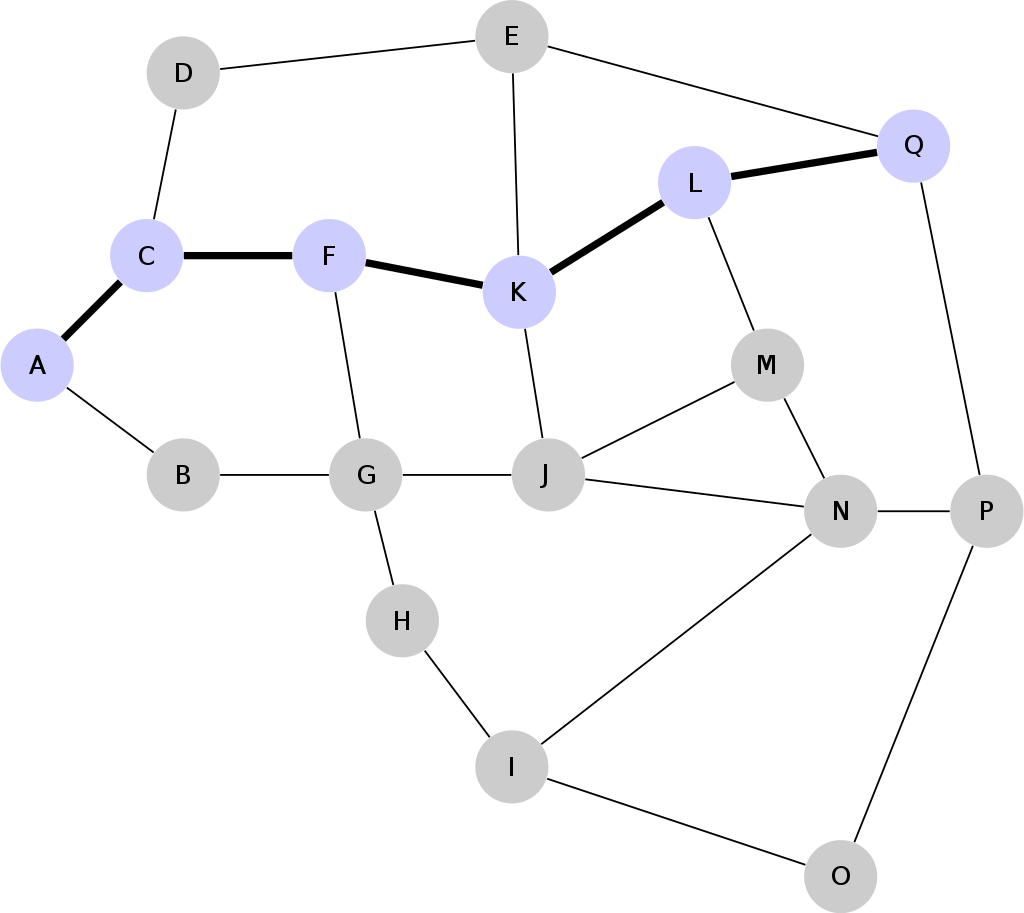A Vending Machine using the Bitcoin Lightning Network on a Full Node Raspberry Pi
Problem Definition
Most vending snack machines are coin-operated. This leads to many drawbacks such as incorrect/no change, some coins are not recognized, management of coins by owner and no coins in your wallet.
Sometimes my colleagues ask me for some coins, and in return they give banknotes or pay me via Revolut. Why should we all go through this hassle if when can do online transactions? We can use Visa/Mastercard scanners attached with vending machines and people can buy snacks easily. Well, the problem is that for every authorized transaction, the bank takes a commission. Is it worth for the merchant to pay a commission for a cheap snack item? I don’t think so. Apart from that, this technique is not recommended because there might be hackers that can attach card sniffers to the vending machine intending to hijack your card. So, what’s the solution?
The Solution
Nowadays everyone owns a smartphone. With Bitcoin, you can have your own non-custodial wallet on your phone. You can do global transactions on decentralized platforms without making use of third-party APIs (banks) to verify transactions. Can we apply this technology to our vending machine? We can but it won’t be ideal. The problem lies in the transaction confirmation time and the transaction fees.
One confirmation (1 block) takes about 10 minutes and we usually assume that a transaction is fully confirmed when it is 6 blocks deep. This means that a full confirmation takes about 1 hour (10 minutes * 6 blocks). This is very fast when compared to traditional systems, but it won’t be ideal for our vending machine system. Imagine our client waiting 1 hour to buy some candy. Since snacks are not expensive, we can assume that one confirmation (1 block deep) is enough, but our client must still wait 10 minutes for the transaction to be processed.
The other problem relies in the transaction fees. Transaction fees are included with every Bitcoin transaction in order to have transactions processed by a miner and confirmed by the Bitcoin network. The space available for transactions in a block is currently limited to 1 MB. This means that to get your transaction processed quickly you must outbid other users. Therefore, it can get expensive to buy some snacks.
Bitcoin Cash (another cryptocurrency – fork of Bitcoin) simply solves these problems by increasing the block size and disabling the ‘replace by higher fee’ feature. Therefore, a transaction can be created with a lower transaction fee and once created, we can safely assume that the transaction is going to be placed in the next block. This might lead to other problems, but I don’t want to debate Bitcoin Cash vs Bitcoin in this article.
The Bitcoin Lightning Network (Layer 2 Protocol on Bitcoin) is the ideal solution for our vending snack machine. It is a decentralized network powered by smart contracts that enables instant payments with very low-cost transaction fees across participants. Lightning enables one to send very small funds in Bitcoin without custodial risk. Everyone can be part of the network by hosting and opening a channel with a node. When opening a channel, participants must commit an amount which is stored on the blockchain. Transactions then can be passed through multiple channels in a mesh network of payment channels. These transactions are not stored on the public blockchain and therefore the base layer fees are avoided. I must admit that it is a bit complicated to work with but once you understand what is happening, you will appreciate the principles behind this system.
Building the Prototype
For this project one used the Raspberry Pi 3 B+ with an external hard disk storing the entire Bitcoin testnet blockchain. The Bitcoin Lightning Network was installed using the Raspibolt tutorial and Python was used to develop the whole system. That is creating the GUI using a game engine called PyGame, interfacing with the LND network, connecting with the Coinbase API for price conversion, making invoices into QRCodes, recursively checking for payments and eventually turning the motors using GPIO commands for successful payments. The Eclair Mobile Testnet app was installed on my phone to test for the client perspective.
Continue reading →


